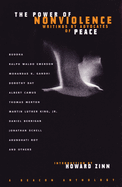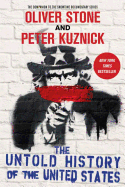 The excerpt from Linus Pauling & Daisaku Ikeda‘s 1992 book A Lifelong Quest for Peace is the twentieth chapter of The Power of Nonviolence: Writings by Advocates of Peace. This dialogue continues the Post-Vietnam to the Present (1975- ) section of the book. Linus Pauling — who died 2 years after co-authoring his book — was a chemist, biochemist, pacifist, author, and teacher. Ikeda is the founder and current president of Sōka Gakkai International (SGI), an international lay Buddhist association which focuses on peace, cultural and educational activities. He is the recipient of the 1983 United Nations Peace Award and has written over 80 books.
The excerpt from Linus Pauling & Daisaku Ikeda‘s 1992 book A Lifelong Quest for Peace is the twentieth chapter of The Power of Nonviolence: Writings by Advocates of Peace. This dialogue continues the Post-Vietnam to the Present (1975- ) section of the book. Linus Pauling — who died 2 years after co-authoring his book — was a chemist, biochemist, pacifist, author, and teacher. Ikeda is the founder and current president of Sōka Gakkai International (SGI), an international lay Buddhist association which focuses on peace, cultural and educational activities. He is the recipient of the 1983 United Nations Peace Award and has written over 80 books.
In his amazing career, Pauling won the 1954 Nobel Prize in Chemistry and the 1962 Nobel Peace Prize. When he was awarded the Peace Prize the Nobel peace Prize committee issued the following statement: Continue reading Immorality of War: Pauling & Ikeda








